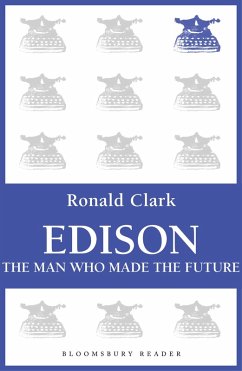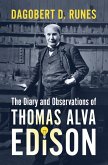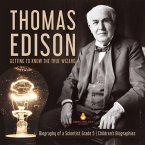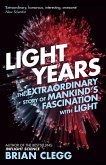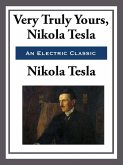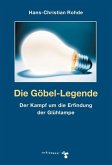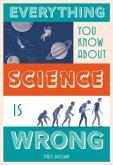It is almost a century since Thomas Alva Edison, the world's greatest inventor, gave the world electric light - and exactly one hundred years since he built the first successful phonograph (forerunner of the gramophone). The man who declared that "genius is 1 per cent inspiration and 99 per cent perspiration," and who on average lodged a patent every two weeks of his adult life, was the most famous American of his day. Only now, however, is it possible to present him clearly against the background of his times and to access fairly his achievements and his often controversial business and working methods.
In Edison: The Man Who Made The Future, first published in 1977, Ronald Clark describes the inventors early untutored upbringing, his struggles in the industrial jungle which grew up in the aftermath of the American Civil War, and his vital contributions to what became the motion picture industry. A prolific inventor in his own right, he was also a developer of other men's ideas. A pacifist, he became President of the U.S. Naval Consulting Board in the First World War. Thrusting, enquiring, and determined to leave his mark on history, he was, perhaps, the archetypal American of his era.
In Edison: The Man Who Made The Future, first published in 1977, Ronald Clark describes the inventors early untutored upbringing, his struggles in the industrial jungle which grew up in the aftermath of the American Civil War, and his vital contributions to what became the motion picture industry. A prolific inventor in his own right, he was also a developer of other men's ideas. A pacifist, he became President of the U.S. Naval Consulting Board in the First World War. Thrusting, enquiring, and determined to leave his mark on history, he was, perhaps, the archetypal American of his era.

